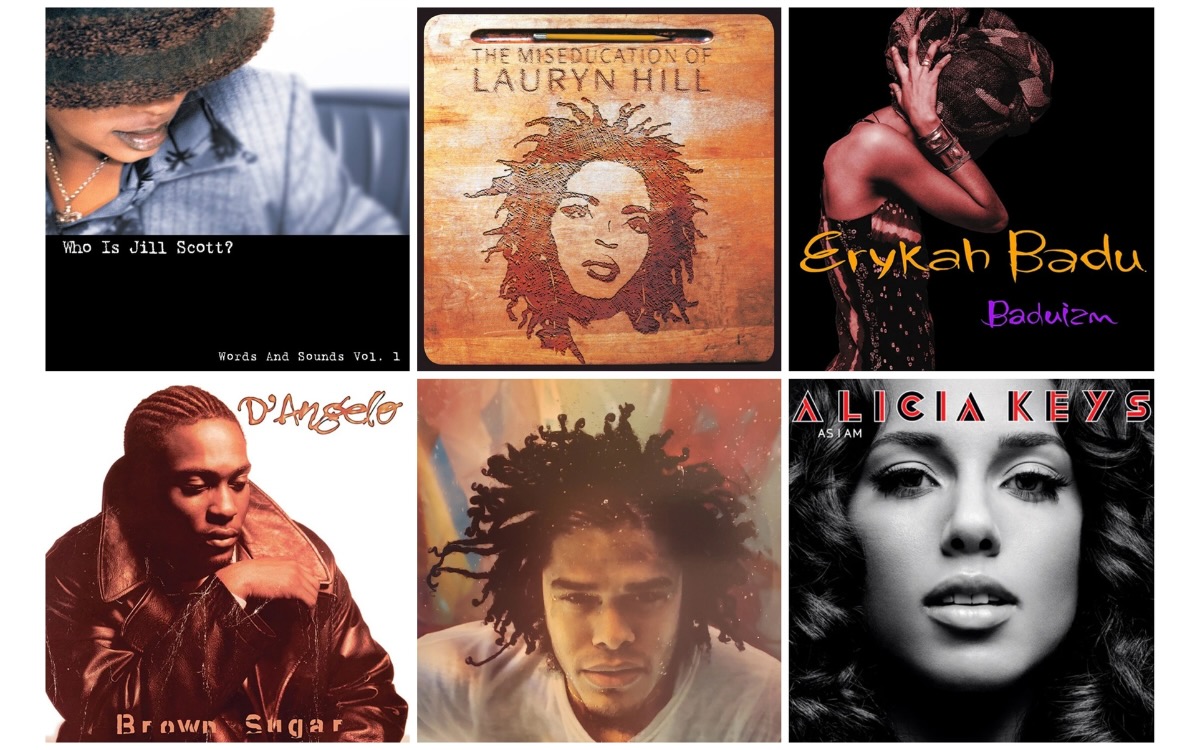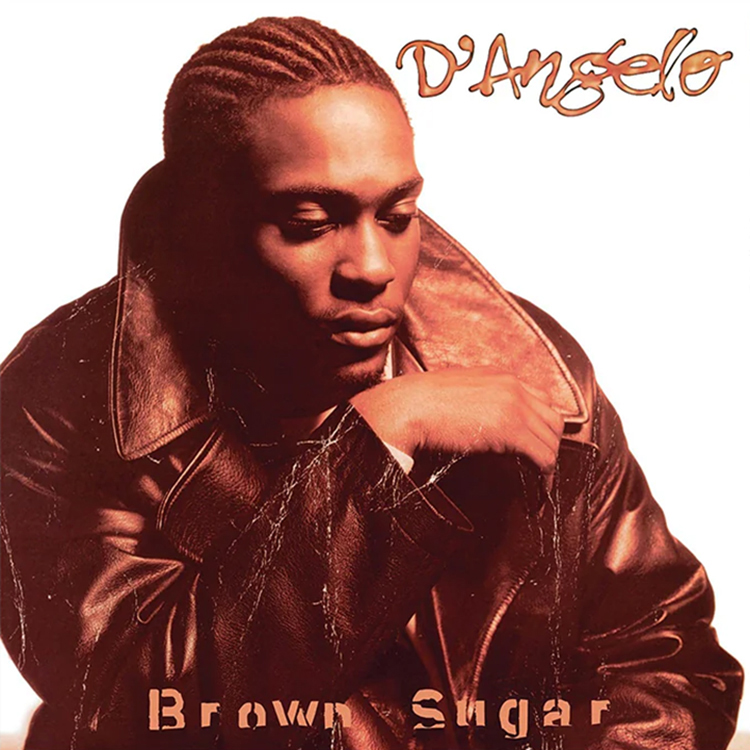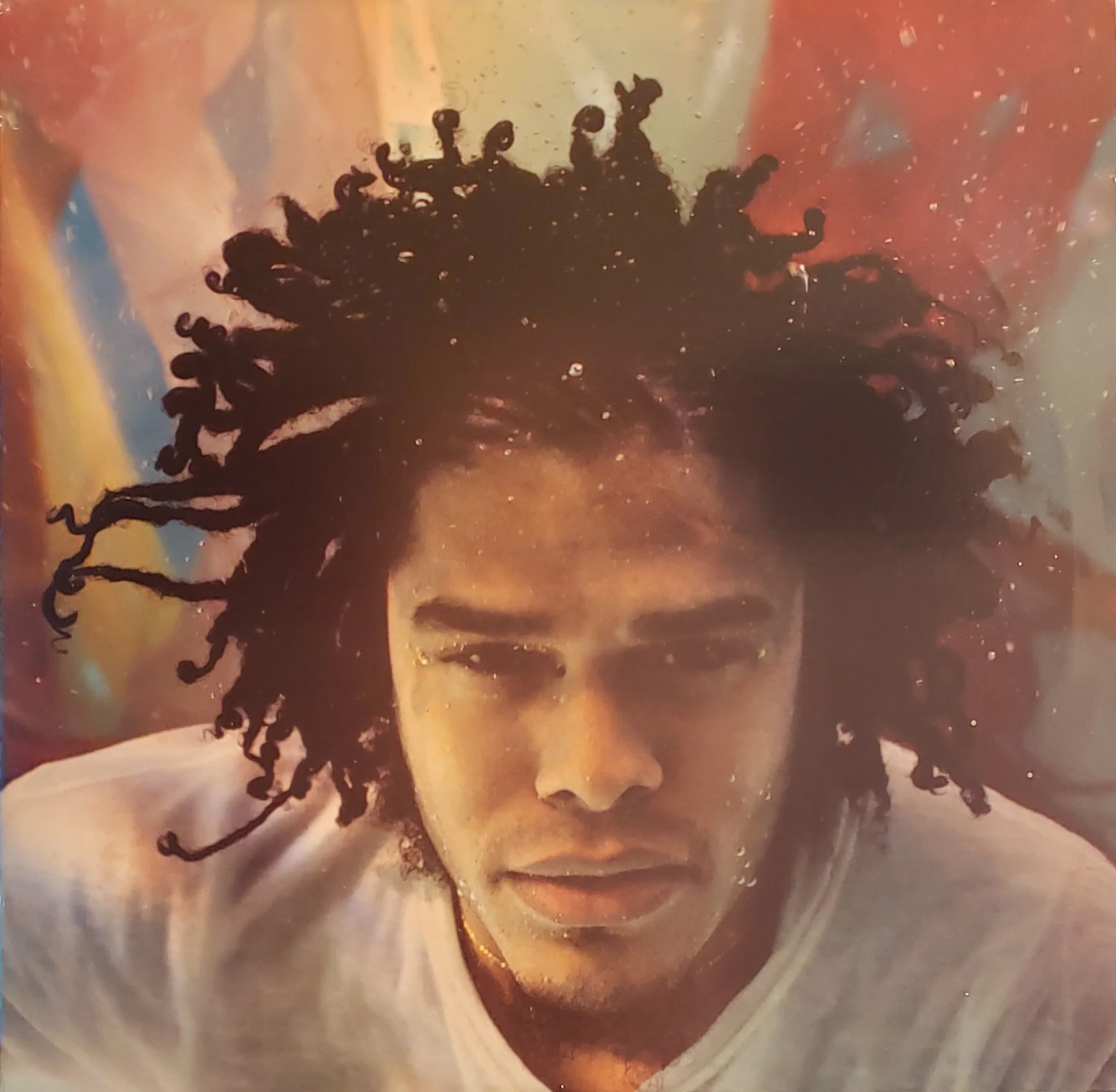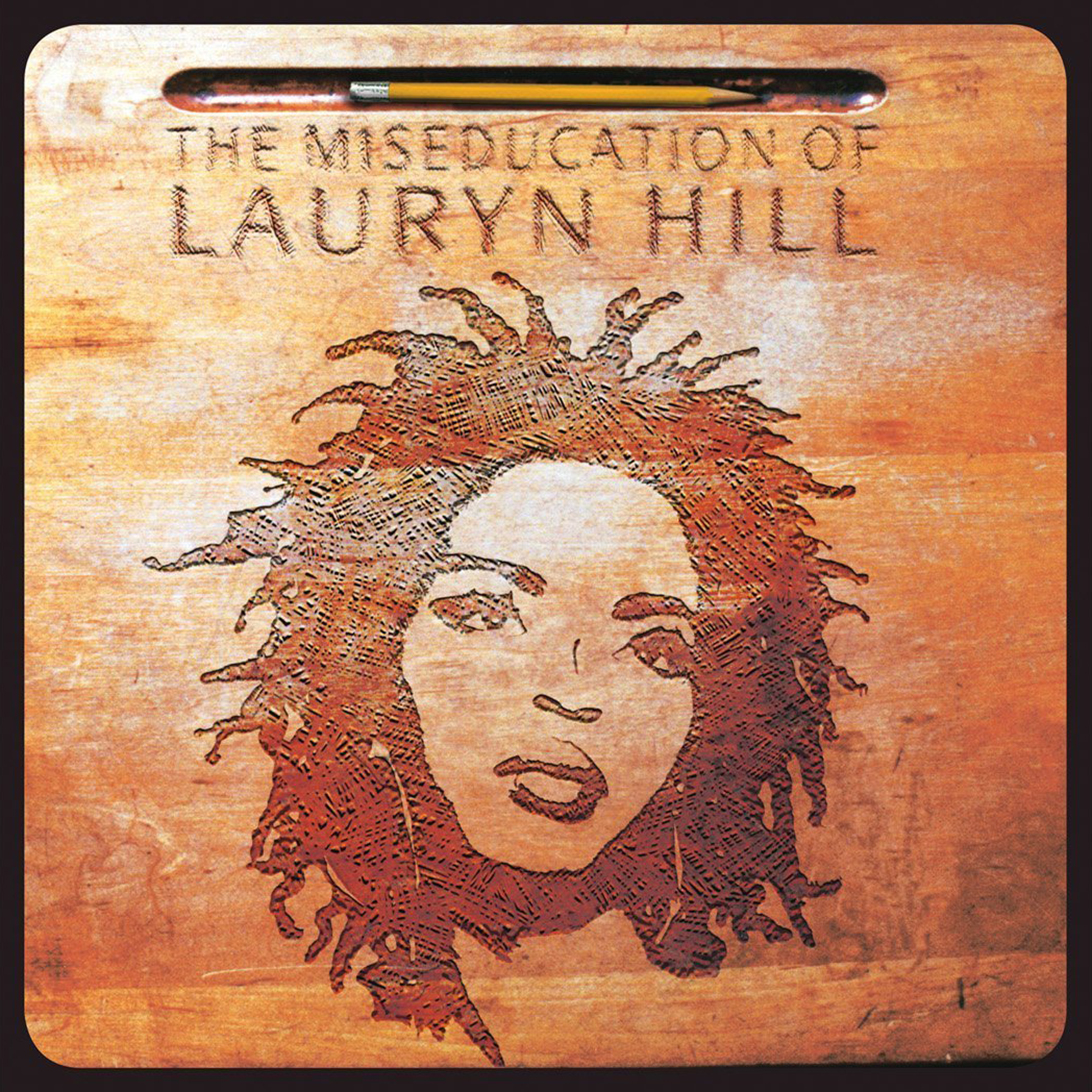Classic Pop travels back in time to remember the dominant soul sound of the late 1990s...

As President of Motown Records, Kedar Massenburg had a talent for making a splash from 1997 to 2004. Like a certain UK Prime Minister-in-waiting in the 1990s, Massenburg knew all about the power of branding. For Tony Blair, this was ‘New Labour’, while for Massenburg it was ‘neo soul’.
Of course, it’s possible that had the self-described ‘marketing genius’ not dreamed up the name, the music coming out of Motown and other Black labels in the second half of the 90s might have simply found itself in the contemporary R&B or soul sections of HMV.
But as it was, Massenburg fabricated an entirely new classification. “In terms of marketing today, there’s the need to categorise music for consumers so they know what they’re getting,” he told Billboard magazine in 2002. “For lack of a different term, I coined ‘neo soul.’”
It was left for others to nail down what made neo soul different from new jack swing, R&B or progressive soul.
“Though it’s roughly analogous to contemporary R&B,” writes AllMusic, “neo soul artists pay more devotion to the era of classic soul, often seeking a sound and a style of songwriting with few concessions to events in the music world post-1975.”
Masterclass, meanwhile, describes it as “a sub-genre of contemporary R&B that merges the classic soul sounds of Stax and Motown Records with grooves borrowed from hip-hop, rock, funk and electronic music.”
Neo soul’s period in the sun was brief. As Massenburg explained in 2002: “A lot of people don’t like the term because, when you classify music, it becomes a fad, which tends to go away.”
And sure enough, many of its biggest names – from D’Angelo to Maxwell to Erykah Badu to Lauryn Hill – either fell from favour or exited stage left.
Massenburg himself departed Motown to form his wine company, Kedar Beverages.
There have been several albums since the genre’s heyday that hark back to its sound – Frank Ocean’s Channel Orange and Alicia Keys’ As I Am among them – but largely neo soul is a genre stuck in amber.
Thirty years on from its zenith, neo soul isn’t new anymore. However, few genres encapsulate an era like the acts covered here.
Essential Artists
Erykah Badu
Nicknamed the ‘Queen of Neo Soul’, the career of Erykah Badu started in earnest after opening for D’Angelo in 1994, leading to Massenburg signing her to his Kedar Entertainment label. Since her No.2-peaking album Baduizm in 1997, Badu has been nominated for 20 Grammys and won five of them. However, she’s hardly been prolific, releasing just five studio LPs in the past 28 years, the last being 2010’s New Amerykah Part Two (Return Of The Ankh). Yet her influence reaches far and wide, with everyone from Amy Winehouse and Rihanna to Janelle Monáe and Grimes referencing her as an inspiration.
Lauryn Hill
Making her name as one-third of the 90s hip-hop outfit Fugees, alongside Wyclef Jean and Pras Michel, Lauryn Hill struck out on her own in 1998 with her celebrated album The Miseducation Of Lauryn Hill – a record that featured a collaboration with fellow neo soul star D’Angelo. Like Erykah Badu, Hill hasn’t exactly been overly productive in the decades since. To this day, it remains her only solo studio album, and she’s barely been heard from since 2002’s MTV Unplugged No.2.0. However, the singer did enjoy a Top 40 hit in 2023 as a co-writer of Praise Jah In The Moonlight, a song recorded by her son YG Marley.
D’Angelo
Few artists’ names are as wedded to neo soul as the man born Michael Eugene Archer. But D’Angelo, as he would later christen himself, has always had a difficult relationship with the genre. “I don’t want to disassociate, and I respect it for what it is, but any time you put a name on something, you put it in a box,” he told the Red Bull Music Academy in 2014, adding: “I never claimed I do neo soul. When I first came out, I said, I do Black music.” After breaking through with 1995’s Brown Sugar album, the singer enjoyed even more success with 2000’s No.1-charting Voodoo. But personal problems led to time out of the spotlight, before he returned with his third album, Black Messiah, in 2014. Though there’s been no LP since, there was, in 2024, a collaboration with Jay-Z on the track I Want You Forever from Jeymes Samuel’s film, The Book Of Clarence.
Essential Albums

D’Angelo – Brown Sugar (1995)
Though D’Angelo’s debut arrived before Kedar Massenburg coined the term, Brown Sugar is regarded as one of the defining albums of neo soul. Silky and sexy, while doffing its cap to jazz and 60s soul, the album would peak at No.4 on the Billboard Top R&B Albums chart, spawning hit singles in the lustrous title track and the Stevie Wonder-evoking Lady. The record’s cultural significance is so great that, for its 2017 reissue, Virgin included a 20-page essay by famed critic and filmmaker Nelson George.

Maxwell – Embrya (1998)
Maxwell’s debut, Maxwell’s Urban Hang Suite (1996), only just broke US Top 40. However, he’d enjoy more success, via his sophomore effort, with Embrya peaking at No.3 on the Billboard chart. With flavours of funk, jazz and 70s soul, it wasn’t universally loved upon release, with Spin writing that it “comes off as a tad New Agey, art-rock pretentious, emotionally calculated, and sappy.” Time has been kind to the album, though, with more recent appraisals raving about its “admirable groove” (Pif magazine) and Patrick Corcoran of Albumism writing that “[It] taught me the difference between hearing and listening.”

Lauryn Hill – The Miseducation Of Lauryn Hill (1998)
Winning Grammys for both Album of the Year and Best R&B Album, and among the biggest-selling of all time, it’s fair to say that Lauryn Hill’s only solo record is right up there as one of the most consequential LPs ever made. It remains a favourite of soul fans of all ages and those that bought The Miseducation Of Lauryn Hill back in 1998 still cherish it to this day. “You could argue,” wrote The Independent in 2018, “that The Miseducation… was one of a small selection of albums responsible for changing the face of soul and R&B as we know it.”
Further Reading: The Neo Soul Guitar Book: A Complete Guide To Neo Soul Guitar Style, click here
Read More: Popscene – Smooth Soul
Classic Pop may earn commission from the links on this page, but we only feature products we think you will enjoy.


